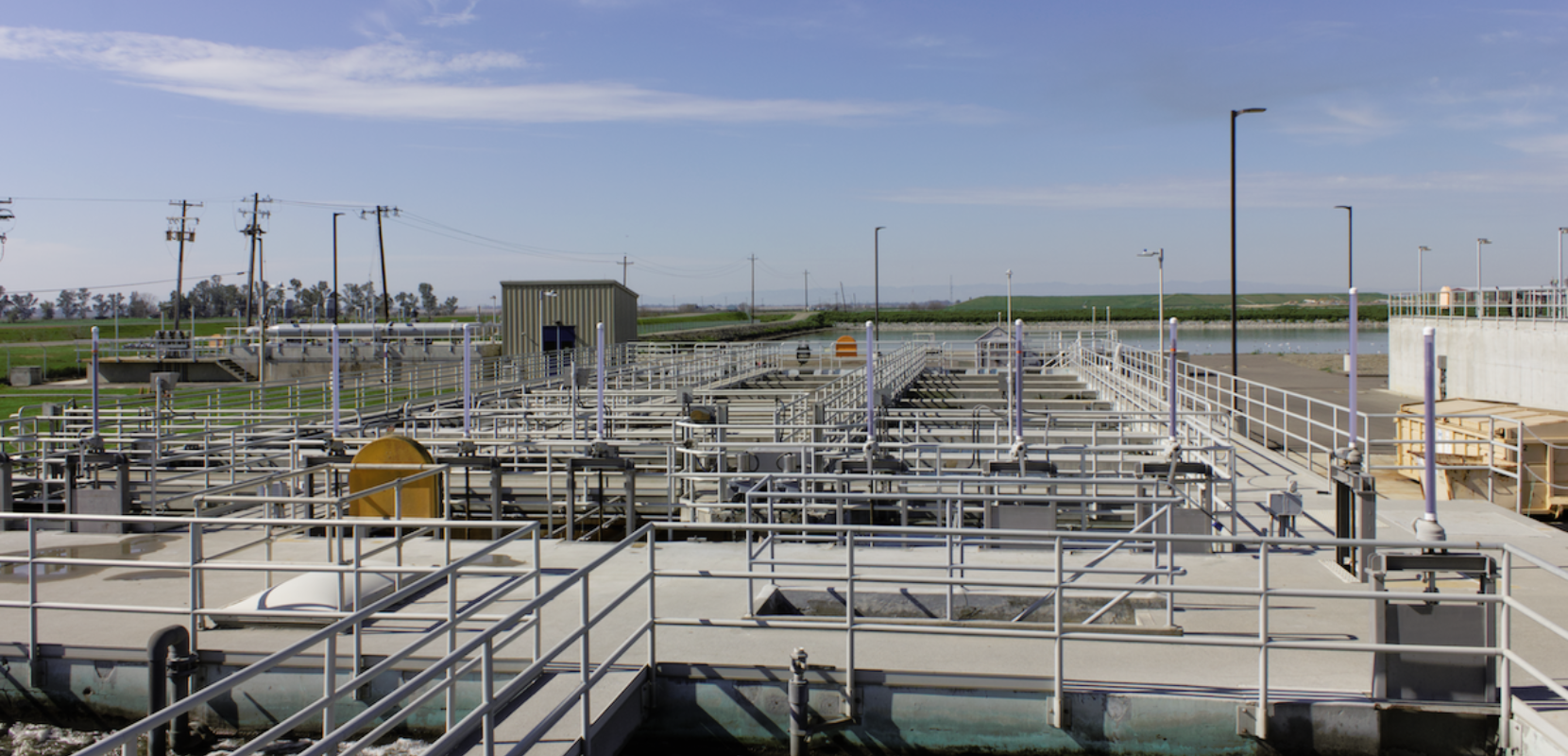Washington, DC – This month, the National League of Cities (NLC) and WastewaterSCAN will bring no-cost wastewater monitoring services to local communities. Scientists from Stanford University and Emory University, NLC and Verily have come together to expand access to wastewater monitoring that tracks COVID-19, monkeypox and other seasonal viruses to communities across the country.
NLC and WastewaterSCAN will collaborate with public health and community experts, researchers, and a commercial laboratory to monitor, detect viral genetic material, and respond to diseases like COVID-19, monkeypox, influenza and respiratory syncytial virus (RSV). WastewaterSCAN provides participating communities with comparable information about the levels of COVID-19, monkeypox, influenza and RSV to help them shape public health responses to those infections within their communities.
“As we saw during the COVID-19 pandemic, community leaders play a critically important role in proactively managing health crises – and this public health emergency is no different,” said NLC CEO and Executive Director Clarence Anthony. “This partnership’s work to expand access to wastewater monitoring tools and analysis will help cities, towns and villages across the country lead their response efforts to the monkeypox outbreak equipped with data and a network of support.”
Through wastewater testing and reporting, NLC and WastewaterSCAN will work with cities, villages and towns to determine public health response best practices for the public health response to COVID-19 and monkeypox. Presently, 38 treatment plants in eight states are receiving monkeypox results from WastewaterSCAN and SCAN in addition to results for the SARS-CoV-2 virus that causes COVID-19 and its BA.4 and BA.5 variants, influenza A and RSV.
“Because it’s population-based and unbiased by access to clinical testing, wastewater helps us know the magnitude of an infectious disease in parts of a community. We know how valuable this can be, as testing practices for SARS-CoV-2 have changed,” said Stanford University professor of civil and environmental engineering Alexandria Boehm. “Genetic material of the pathogens we monitor has been documented in excretions from infected people that end up in the wastewater treatment system.”
NLC is partnering with WastewaterSCAN, which originated as the Sewer Coronavirus Alert Network (SCAN) out of California, to reach more communities nationwide. Supporting a cohort of 50 NLC member cities, this partnership aims to build early detection and wastewater testing capacity to improve public health response in communities. Wastewater results for participating cities will be made available publicly.
Following this 12-month partnership, NLC expects to release a report on public health best practices for city leaders. Learn more about how NLC and WasterwaterSCAN are working together here.
###
The National League of Cities (NLC) is the voice of America’s cities, towns and villages, representing more than 200 million people across the country. NLC works to strengthen local leadership, influence federal policy and drive innovative solutions. Stay connected with NLC on Facebook, Twitter, LinkedIn and Instagram.
